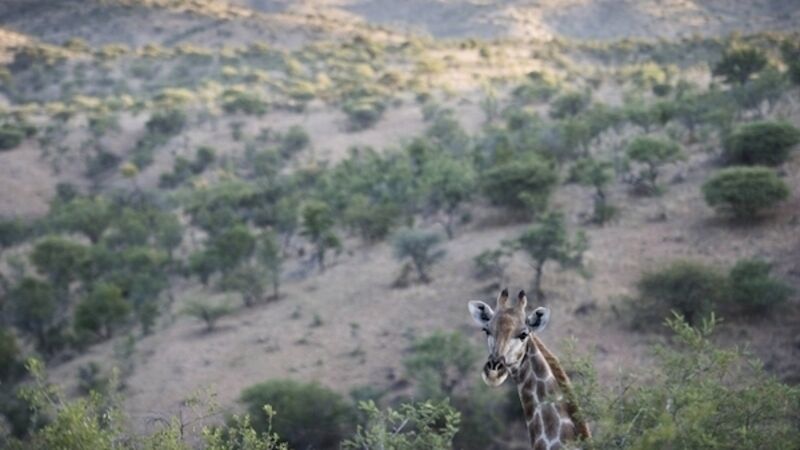Visiting Namibia raisesan ethical issue

Take up the White Man’s burden, Send forth the best ye breed, Go bind your sons to exile, To serve your captives’ need.
Kipling’s white-supremacist paean to imperialism haunts the Brexiteer unconscious.
Try from €1.50 / week
SUBSCRIBETake up the White Man’s burden, Send forth the best ye breed, Go bind your sons to exile, To serve your captives’ need.
Kipling’s white-supremacist paean to imperialism haunts the Brexiteer unconscious.
Already a subscriber? Sign in
You have reached your article limit.
Annual €130 €80
Best value
Monthly €12€6 / month
Introductory offers for new customers. Annual billed once for first year. Renews at €130. Monthly initial discount (first 3 months) billed monthly, then €12 a month. Ts&Cs apply.
CONNECT WITH US TODAY
Be the first to know the latest news and updates
Newsletter
Sign up to the best reads of the week from irishexaminer.com selected just for you.
Newsletter
Sign up for our weekly update on residential property and planning news as well the latest trends in homes and gardens.
Newsletter
Keep up with stories of the day with our lunchtime news wrap and important breaking news alerts.
Thursday, February 12, 2026 - 10:00 PM
Thursday, February 12, 2026 - 6:00 PM
Thursday, February 12, 2026 - 5:00 PM
© Examiner Echo Group Limited